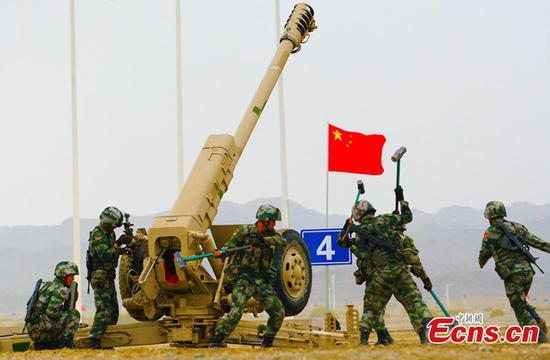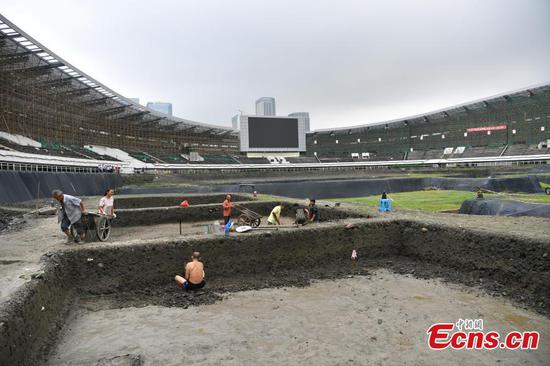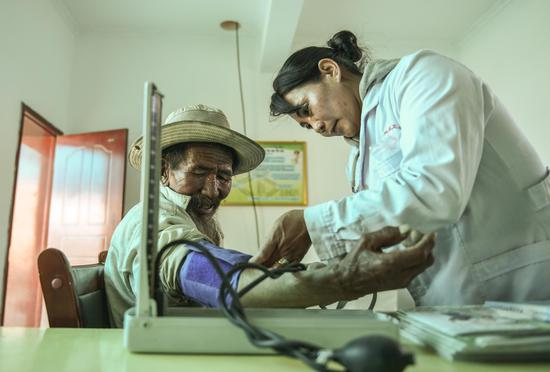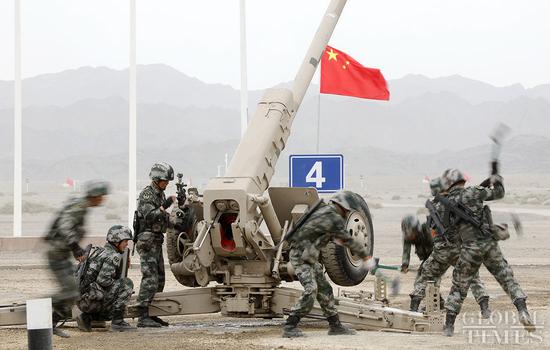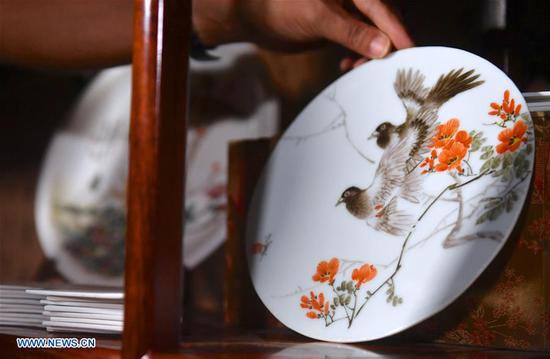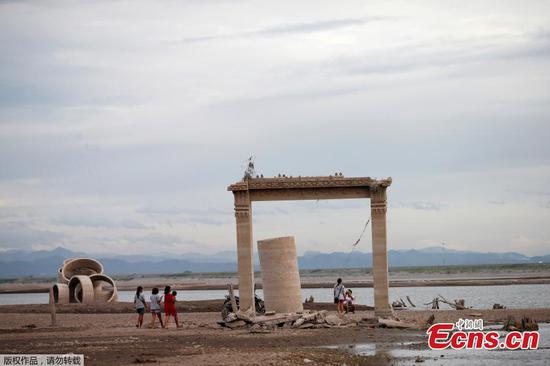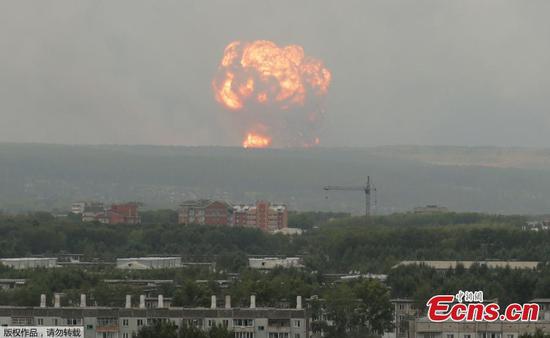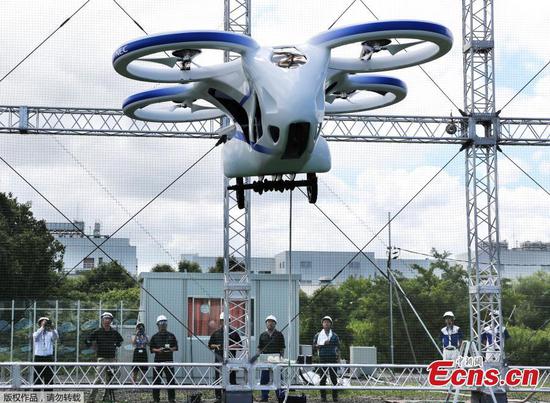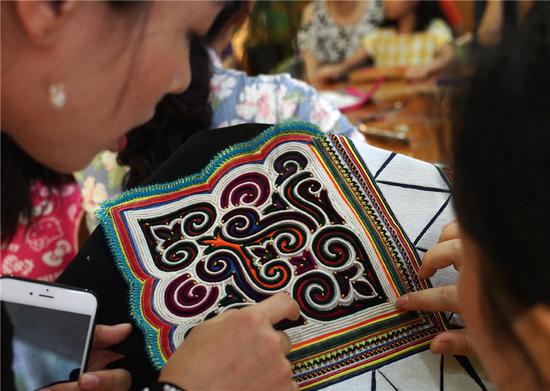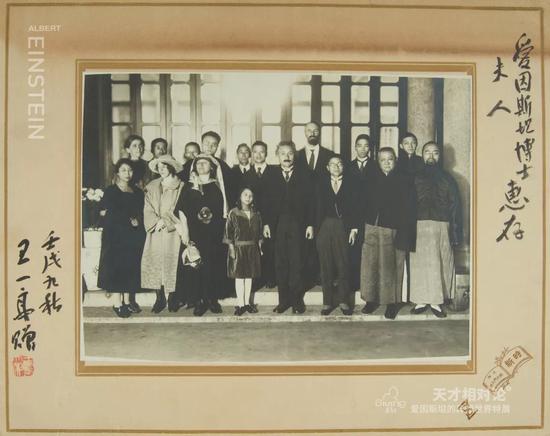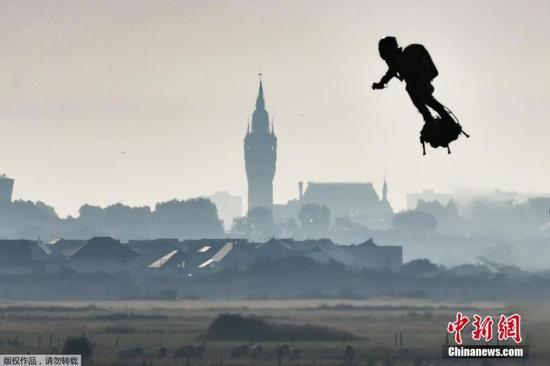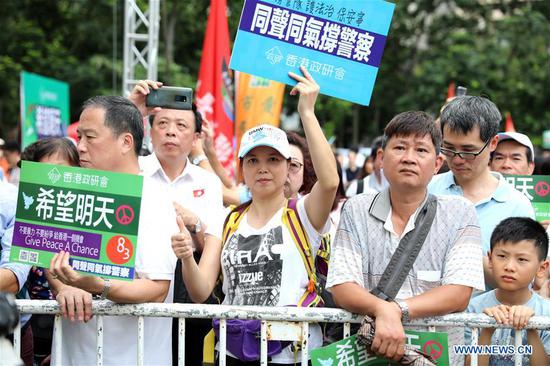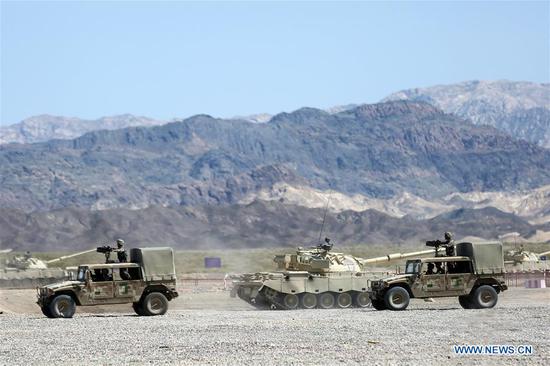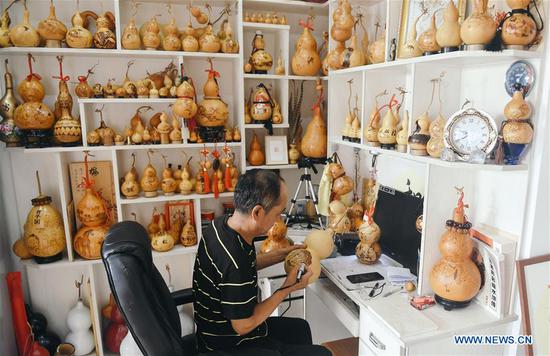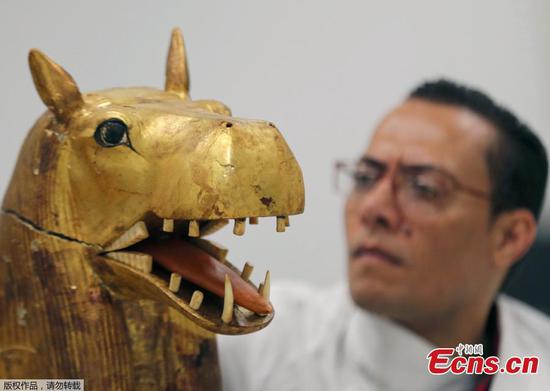However, the market share of U.S. cotton in China tumbled to a range of 11 percent to 13 percent in the past year, from 44 percent to 45 percent during the two years leading up to the trade tensions, according to Adams.
"The impact has and continues to be very significant (to) the U.S. cotton industry," he said.
Given the unparalleled magnitude of China's cotton demand, potential gains in other markets by no means would offset what Adams perceived to be a decline in total exports of U.S. cotton, if a trade deal between the world's two largest economies remains far down the road.
"What we've seen is that it's not a one-for-one," Adams said. "Losing a bale of exports to China can't be fully replaced by just finding additional markets."
The USDA paid a total of 12 billion dollars last year to bail out eligible farmers who suffered loss from the trade tensions. A new tranche of payments, made through the Market Facilitation Program, rose to a tally of 16 billion dollars this year.
"I don't think it (helped) last year ... It primarily went to soybean growers, which didn't help me at all," Boddiford said.
He did receive some money for the 800 acres or so of corn that he grew, but that was only "one penny per bushel," he said.
Boddiford said he can speak for "at least 99 percent" of U.S. farmers that they would rather sell to the marketplace if they have a choice. "I'd rather have one-dollar cotton and not even hear from the U.S. government."
Asked whether farmers can count on getting further bailouts from the federal government if the trade spat continues, USDA Secretary Sonny Perdue said in an interview with CNN in June that the current package is only for 2019.
"I'm not going to promise anything for 2020," Perdue said.
OBVIOUS DISAPPOINTMENT
U.S. President Donald Trump tweeted Thursday that an additional tariff of 10 percent will be imposed on about 300 billion dollars in Chinese imports starting Sept. 1.
Speaking to reporters on the White House South Lawn on Friday, Trump did not directly answer a question about whether U.S. farmers would continue to receive bailouts from the government if the trade disputes with China persist.
"Well, obviously I'm disappointed!" Boddiford said in comments to the new tariff threat. He said there should have been more talks and deliberations within the administration before Trump made an announcement like that.
"Obviously, it's detrimental to the market," Boddiford said. "I just looked at the market a while ago, corns (prices) are down 9 cents, wheats down 13, soybeans are down 18, cotton down 72 ticks."
Regarding the ongoing bilateral negotiations, Boddiford complained that there's been a lot of "talk about the trade talks" in the United States.
"Let's move forward," he said.
Apart from trade issues, farmers have other things to worry about -- adverse weather conditions and rising input costs.
With drought hitting the southwest and hurricanes sweeping through the southeast, 2018 was a particularly tough year for cotton producers.
Boddiford recalled that the ground was dry and conducive to cotton growth when he planted the crop. But a 13-inch rainfall afterwards that continued for 17 straight days reversed the situation. "You can't even walk out in a field because it's so boggy."
Yet Boddiford has no plans to quit farming. "I want to play in the farming game ... I think it's beneficial to us, and it's beneficial to your country," he said.
(Xinhua reporter Hu Yousong in Washington also contributed to the story.)











